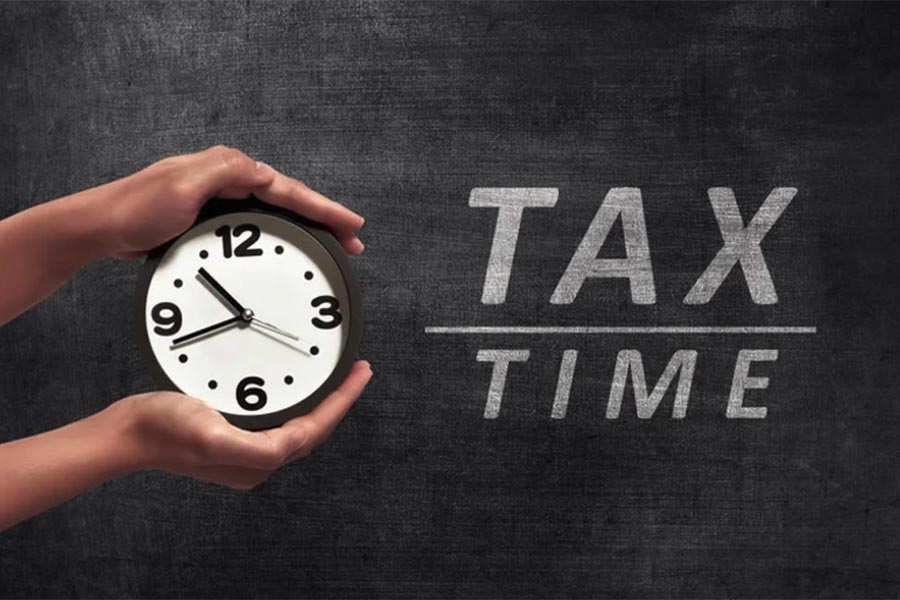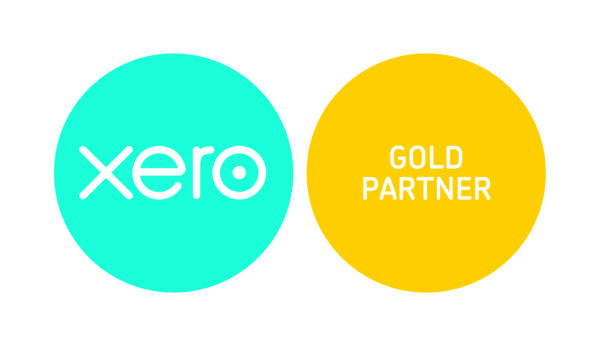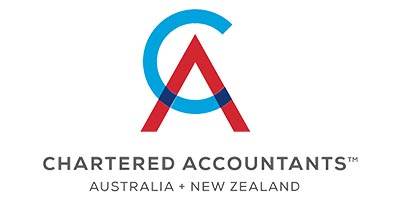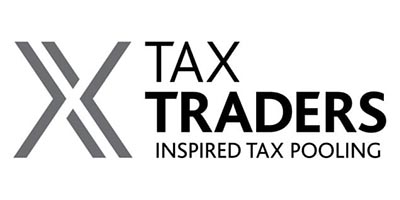You might have heard of the provisional tax threshold being increased from $2,500 to $5,000 as one of the measures released by the government to provide some relief for businesses affected by COVID-19. But what is provisional tax?
When you start a business or become self-employed you don’t pay income tax till the end of the first financial year. This is when your accountant calculates the profit for the year and tax payable. You might get a large tax bill as it’s an accumulation of the entire years tax.
Provisional tax helps you manage your income tax by paying it in installments throughout the year rather than waiting for the end of the year. Your accountant will estimate your provisional tax by using one of the available options (see our blog on How Provisional Tax is Calculated) and you pay this in normally 3 installments throughout the year. At year end when your actual tax is calculated you either get a refund of any overpaid provisional tax or you have to pay the balance if your tax is higher than the provisional tax paid.
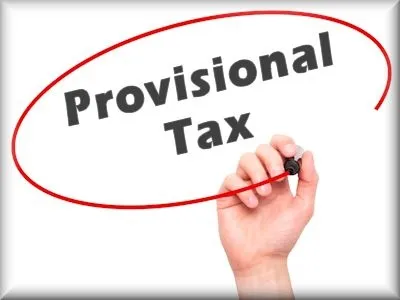
Provisional Tax Threshold
Not every business is required to pay provisional tax, the provisional tax threshold determines whether a business or individual is liable for provisional tax. The government has this year changed the provisional tax threshold from $2,500 to $5,000. This change was in response to COVID-19 however, it is a permanent change. This means that from 2020-2021 financial year, if your terminal tax is more than $5,000, you are liable for provisional tax.
